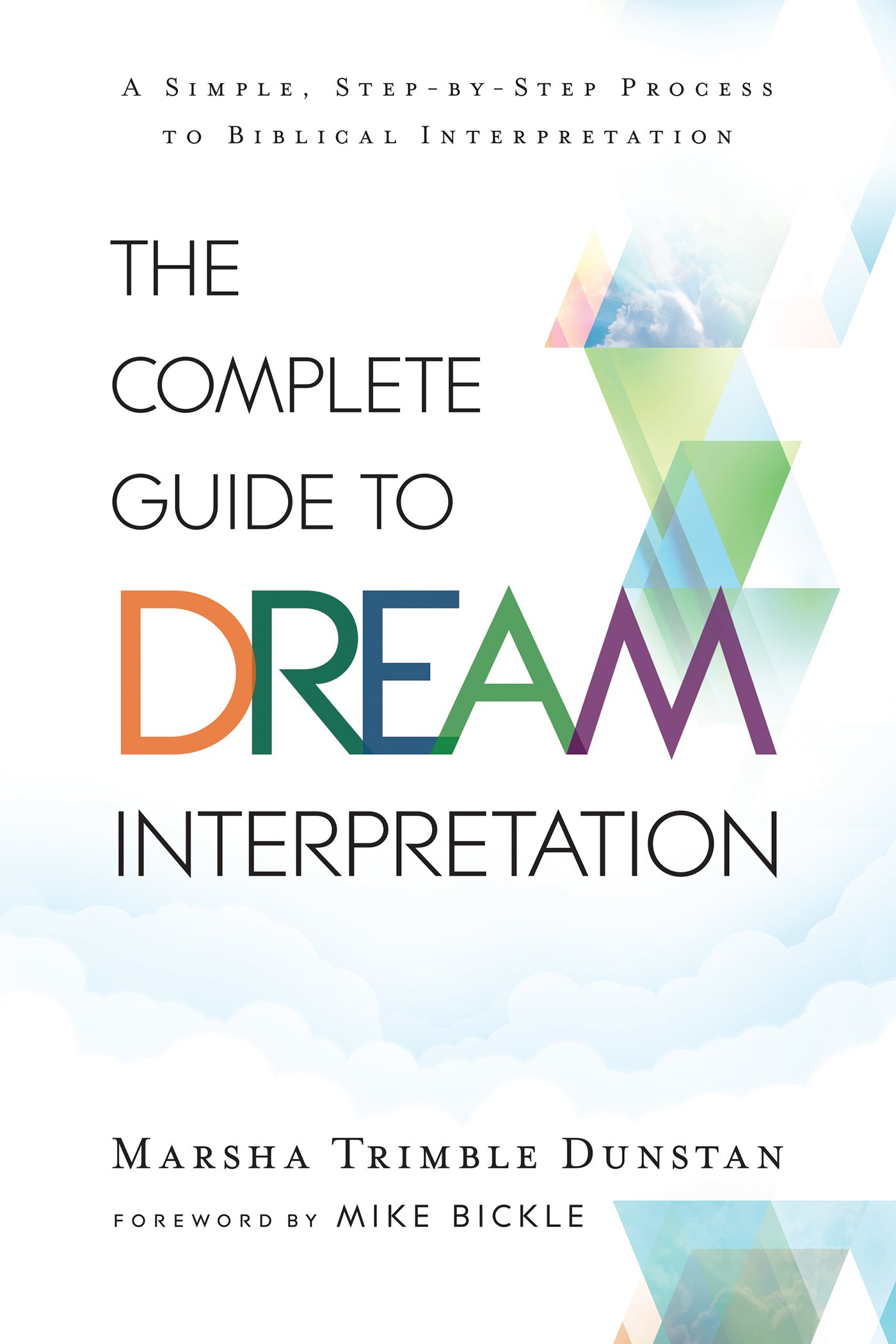

It is this difference in 'epistemic distance', which ultimately creates a fundamental discrepancy between the divinatory systems needed to acquire the common asset of legitimacy for king and state.

In this, the rulers of both regions act as the primary mediator to the divine realm, albeit with a different type of relationship to the divine. However, similarities mainly occur through the socio-historical development of these regions independent of each other, where the king and state are the centre focus of divination. The discussion will firstly demonstrate through the prior comparison that cultural exchange without a doubt contributed to some transmission of similar methodology. Two extant dream books showing a will be compared to indicate significant similarities both in its style and content, whilst also contextualising this as part of local divination where such themes of legitimacy are less visible. Similarities are particularly visible within the application of the divinatory procedures, which share a common theme of achieving legitimacy, while the medium and overall method of divination differ in significant ways.

The outset of this dissertation will highlight the largely state orientated methods and uses of divination in each region.


 0 kommentar(er)
0 kommentar(er)
